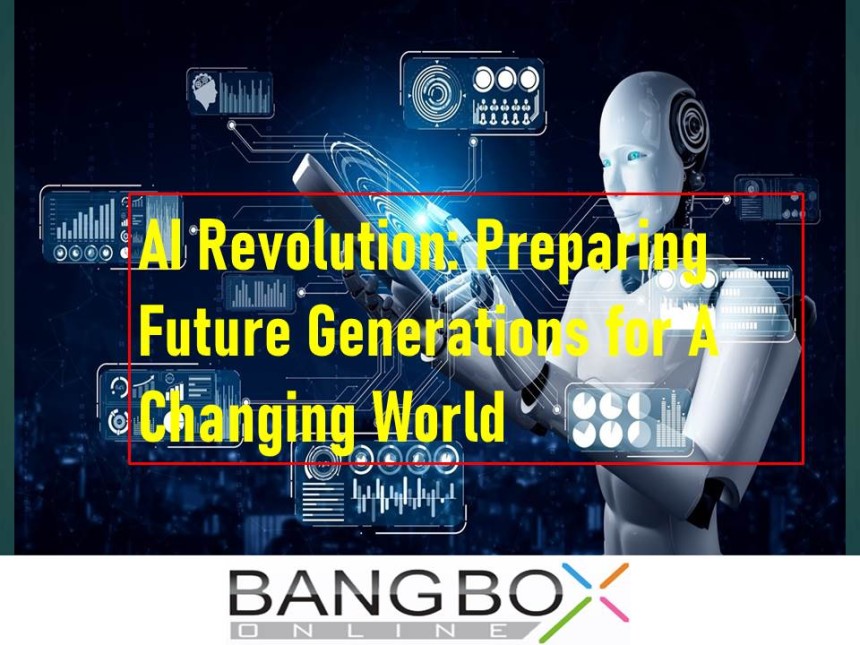
AI Revolution: Preparing Future Generations for a Changing World
Artificial intelligence (AI) is a field of computer science that focuses on creating machines and computers that can learn, reason, and act in ways that would normally require human intelligence. This article “AI Revolution: Preparing Future Generations for a Changing World”; is discussing the ways and means to prepare future generation for the challenge being thrown by advancing technology.
2024-11-01 18:39:07 - Muhammad Asif Raza
AI Revolution: Preparing Future Generations for a Changing World
Every now and then, we receive various video and text messages discussing the increasing role of Artificial Intelligence (AI), particularly its potential to replace a significant portion of the workforce. While this may be alarming, it is reassuring to consider that the implications of such rapid advancements have likely been carefully evaluated by the creators of AI.
Conversely, Geoffrey Hinton, widely regarded as the "father of AI," resigned from Google in 2023 after expressing concerns that AI systems are outpacing human intelligence. Although initial programming and design are human endeavours, every day brings new advancements that reduce the need for human effort.
AI has transformed not only the business sector but also education. Students now have easy access to resources that can complete assignments for them. Once considered unethical, plagiarism has evolved with AI's capabilities to not only generate content but also provide strategies to evade detection.
In my early 50s, I may not require new skills, nor do I possess the talent to adapt at this stage. However, it is crucial that we concentrate on preparing future generations for the challenges ahead. In Pakistan, where unemployment is already a pressing issue, the next technological wave could exacerbate this crisis, leading to increased street crime and other societal challenges. The government must think outside the box and plan proactively. Here are some recommendations:
Revise the Education System: A paradigm shift is necessary. We must transition to a skills-based education model rather than one focused solely on degrees.
Implement a Single National Curriculum: For uniformity, a single national curriculum should be established under federal oversight, moving education away from provincial control.
Introduce Coding and Decoding Early: We lag behind other nations in coding skills, placing our students at a disadvantage in higher education and job markets abroad. We should look to India as a comparative example.
Incorporate AI into Early Education: Given AI's significance, it is essential to teach students about its principles and applications from a young age.
Establish Specialised AI Schools: Create institutes focused on AI to serve as alternatives to traditional schooling, staffed by qualified educators. For instance, Rehan Allahwala's AI institutes across the country can serve as a model.
Build a Pool of Skilled Individuals: Identify and nurture talent in various fields to create a reservoir of skilled individuals, preventing brain drain.
Lastly, while sharing information about AI's future is valuable, it is crucial not to stop at consumption. We must actively engage with our children, equipping them with the skills necessary to thrive, even if they hold prestigious degrees for which we have invested so much.
Time waits for no one. The moment to act is now. Let us prepare for a future where our children are not left behind.
✍️: Lt Col Abrar Khan (Retd)
📧: khanabrar30c@gmail.com
Karachi

